By Bob Seidenberg
Evanston City Council members reapproved a contract Monday for a real estate firm to broker a move out of the Morton Civic Center, complying with a blistering opinion from the state Attorney General’s office that ruled the city violated the Open Meetings Act by signing the original agreement in closed session.
The attorney general’s public access counselor had flagged the city in a March 1 binding opinion, maintaining that an agreement the city had executed with Jones Lang Lasalle Midwest, a unit of the commercial real estate firm JLL, in a closed session Oct. 16 of last year, should have been done in public.
The agreement approved Monday made JLL the city’s exclusive real estate broker “to identify and evaluate the city’s acquisition of office space, as well as a workplace strategy and the disposition of Evanston’s current Civic Center at 2100 Ridge Ave.”
Based on JLL’s advice, council members voted 6-3 at their Jan. 22 meeting to direct city staff to negotiate a 15-year lease for new city office space at 909 Davis St. downtown.
“The agreement with JLL was not preliminary or tentative,” the public access counselor wrote in the opinion. “Behind closed doors, the City Council agreed to bind the City to an agreement with a particular firm that requires, among other things, a potential expenditure of hundreds of thousands of dollars if the Civic Center is sold.”
The opinion directed the City Council to reconsider and take final action on the city’s exclusive representation agreement with JLL in the open session portion of a meeting as soon as possible.
Officials presented the agreement for the council to consider at Monday’s meeting – this time in open session. Staff recommended approval.
“The agreement is at no cost to the City of Evanston,” Paul Zalmezak, the city’s economic development manager, said in a memo. “JLL will be compensated by the 909 Davis/Evanston Station building ownership.”
Further, “if the city decides to sell 2100 Ridge [where the Civic Center is currently located], City staff will not recommend using a broker,” he said. Rather, “staff [with the direction of the City Council] would create a request for proposals process and choose a redevelopment site that suits the community’s needs.”
Kelly pushes for changes
In discussing the deal again on Monday, First Ward Council Member Clare Kelly proposed several amendments to the resubmitted document, which connected JLL with the future disposition of the Civic Center building.
Kelly’s requests included removal of the phrase “the disposition of the current site at 2100 Ridge,” coming under the broker’s responsibilities.
Another section dealt with a 6% fee that would go to JLL in the event of a Civic Center sale that involves a broker other than the listing agents.
Zalmezak confirmed the city had been in touch with JLL and the firm was agreeable to striking those sections from the document.
“I just want to also just clarify that we would never have listed the property [Civic Center] for sale – it would have always been an RFP [request for proposal]. By eliminating that section, it’s fine.”
Council Member Bobby Burns (5th Ward) said he seconded Kelly’s changes based on a conversation with staff at which they said, “One, none of what we’re going to amend here, assuming it [will be approved] is a deal-breaker for JLL. And it also wasn’t something we intended to exercise.”
“And so my question to staff was ‘Is it written in a way where all these points would have outlived the contract?’ Which is the case in some agreements, and I was told that was not the case,” Burns said, maintaining that the changes were not a controversial issue. “So we would have just allowed the contract to expire and therefore none of the commitments would have held up.”
9-0 vote for amendments
Council members voted 9-0 in favor of Kelly’s amendments. They voted down, however, another change she sought in the document’s language stating the building owner will pay a market rate commission to JLL on its brokering of the lease for office space at 909 Davis St.
“I understand that is a term that is used among professionals, but there is an obligation to tell us what the percent is or what the dollar amount or number is,” she said.
She told council members that disclosure of the information is intended to prevent a conflict of interest. She explained after that her concern is “if the client doesn’t know what its leasing agent [JLL]is getting from a property owner, there is the risk of the leasing agent steering the client toward one property over another because he or she is getting some inordinately high and undisclosed amount of commission from the property owner.”
In response, Zalmezak said the commission information is not something the city needs to know.
“What we needed to know was what is the economic impact to the city and the taxpayers [close to $40 million if the city stays the full 15 years]? And we describe that clearly in our lease,” he said.
He said in a followup statement that the city had two choices in the selection of a building to move city offices: the downtown Rotary building at 1560 Sherman Ave. or the 909 Davis St. building.
“We directed JLL, they did not direct us,” he stressed. “We selected the space that worked for our needs.”
The council voted 6-3 against that amendment, with Tom Suffredin (6th Ward) and Devon Reid (8th Ward) supporting Kelly.
Kelly maintained that the changes still didn’t measure up to the Attorney General’s order, and proposed amending it as an RFP, which would open up the process to all interested parties.
Council should start all over, speakers argue
“There’s a lot at hand here,” Kelly said. “This should be as the AG’s [Attorney General’s] office stated – they’ve said that this should be brought back with sufficient public recital and discussion before we ratify this, and that has not happened. We have not had the discussion about whether we want to lease or not. That happened in closed session and needs to happen in open session.”
Kelly moved that the contract be sent back to staff, saying, “This from the outset should have been an RFP, and not a no-bid contract done behind closed doors.” However there was no second to move the proposal forward. Another motion by Kelly to hold the issue also failed to receive a second.
Council members then voted 7-2 to approve the contract with JLL, with Kelly and Suffredin against.
Mary Rosinski, a longtime community member and real estate agent, had first brought the issue to the attention of the Attorney General’s office in January, arguing the city was in violation of the Open Meetings Act when it authorized an agreement with JLL in the Oct. 16 meeting. City officials first presented the lease publicly at the council’s Jan. 22 meeting, with the council approving the contract that same day.
According to the state’s Open Meetings Act, “the public’s right to be present when public bodies take action [is guaranteed] by providing that no final action may be taken at a closed meeting,” and “final action shall be preceded by a public recital of the matter being considered and other information that will inform the public of the business being conducted.”
At the Jan. 22 meeting, Kelly told Mayor Daniel Biss that his allowing discussion with the real estate consultant on the exclusive contract behind closed doors was in violation of the state’s Open Meetings Act. She said the consultant stands to gain “hundreds of thousands of dollars” through the deal. The mayor replied, however, that the council went into an executive session but didn’t make a binding decision, which would have been a violation.
He told Kelly the issue didn’t come “within a million miles of an OMA [Open Meetings Act] violation.”
Several speakers referred to the mayor’s remark earlier during the public comment portion of the March 11 meeting.
Dave Ellis, an activist and retired Evanston firefighter/paramedic, had also warned officials at the Jan. 22 meeting that they were in violation. Referring to the Attorney General’s ruling, Ellis said at the March 11 meeting: “Mayor Biss, we have traveled a million miles since.”
“This is not what the residents expect from their public officials,” he continued. “The council should start this process over as the AG recommended. The question of what to do with the Civic Center has been going on for over 20 years. There’s no urgency to spend this kind of money without transparency and a clear path for public input.”
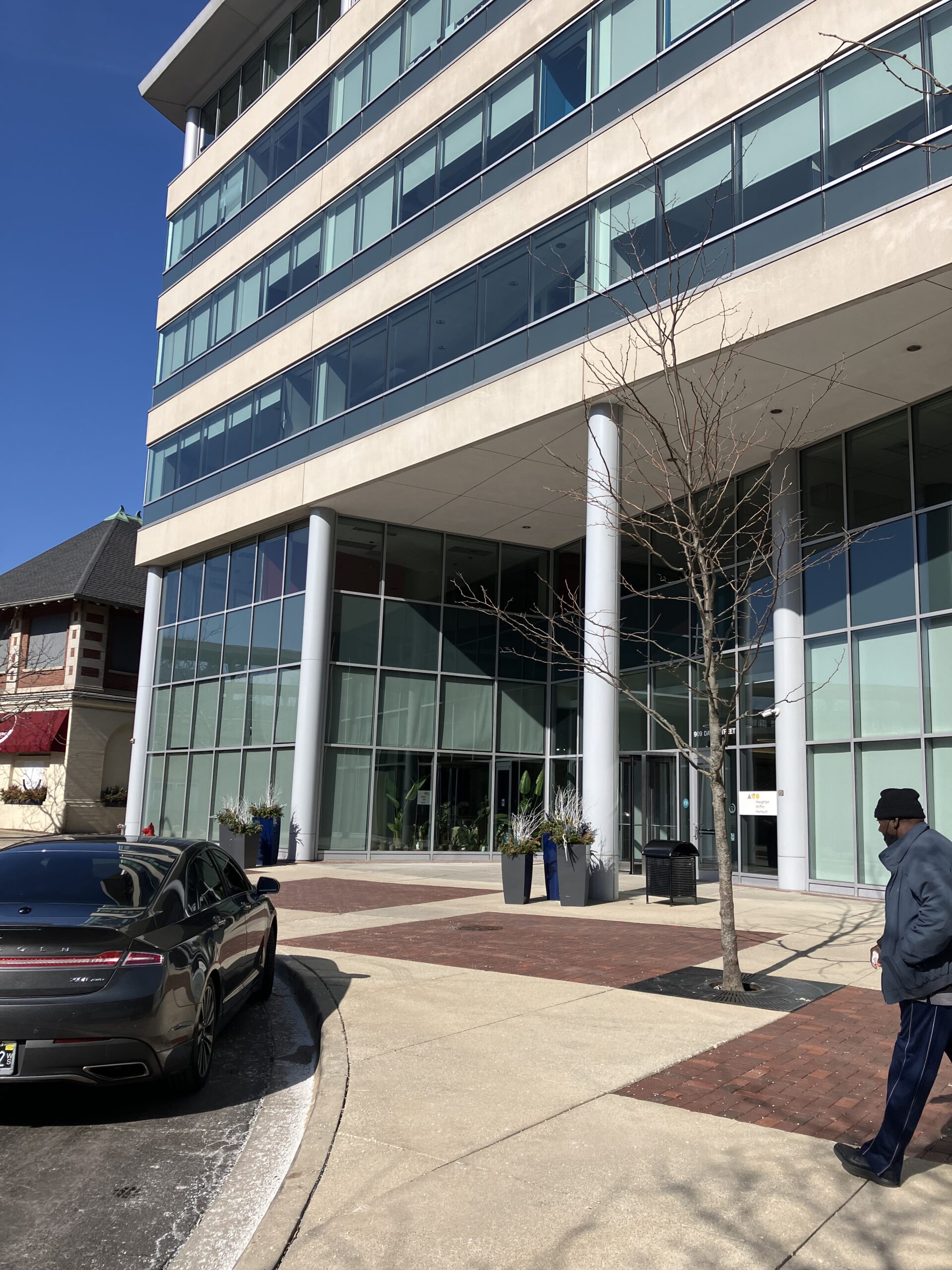
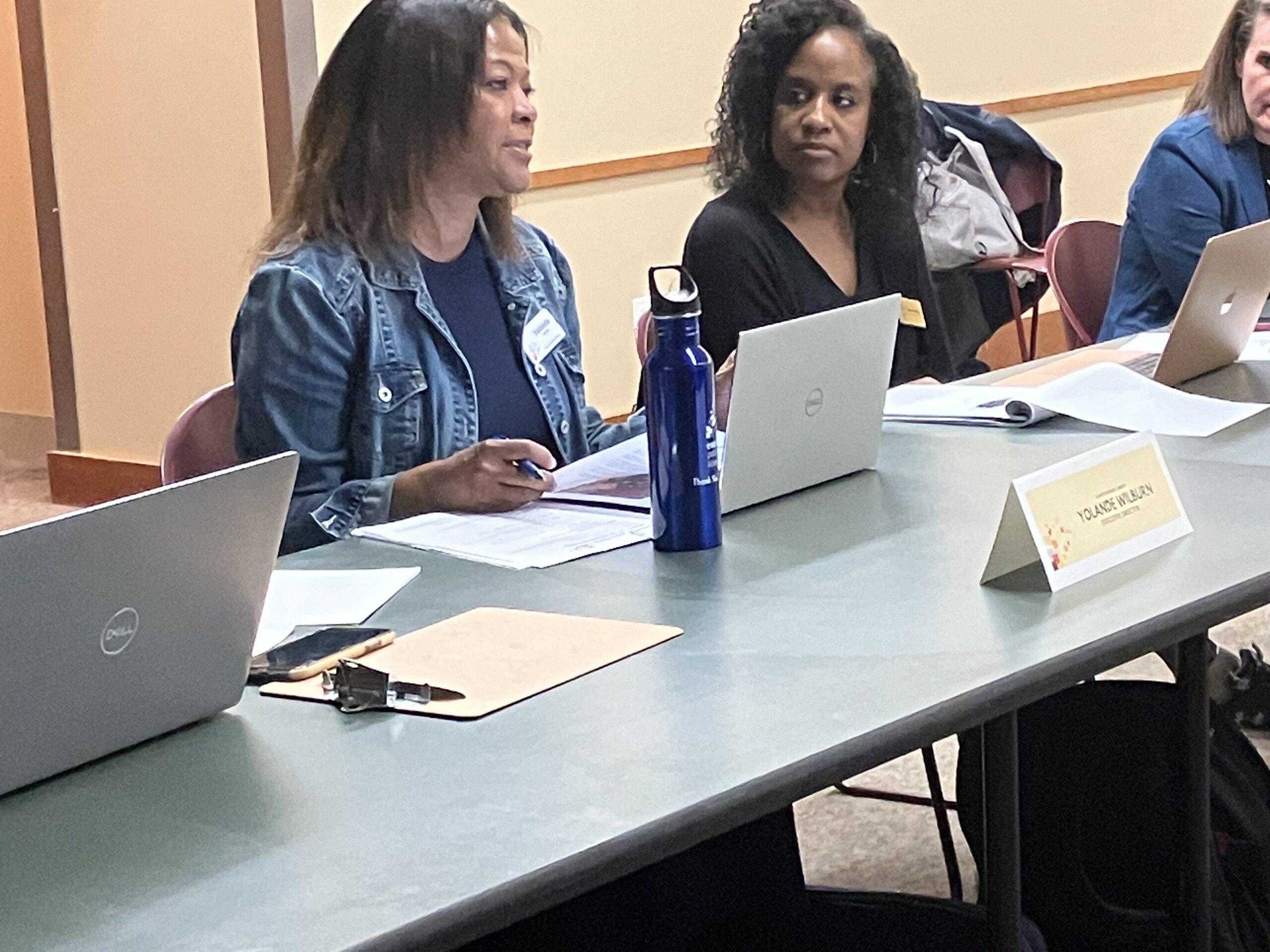
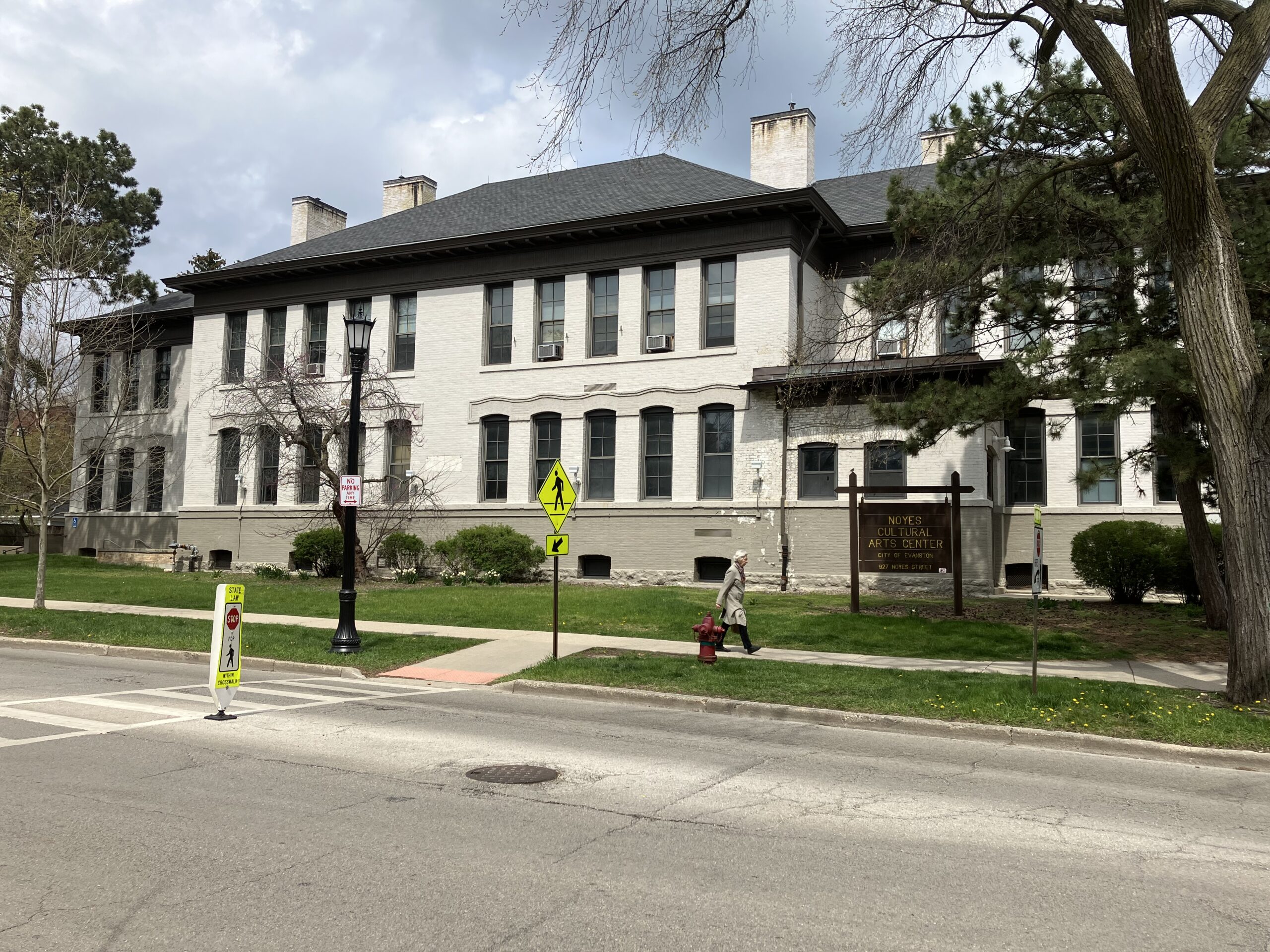
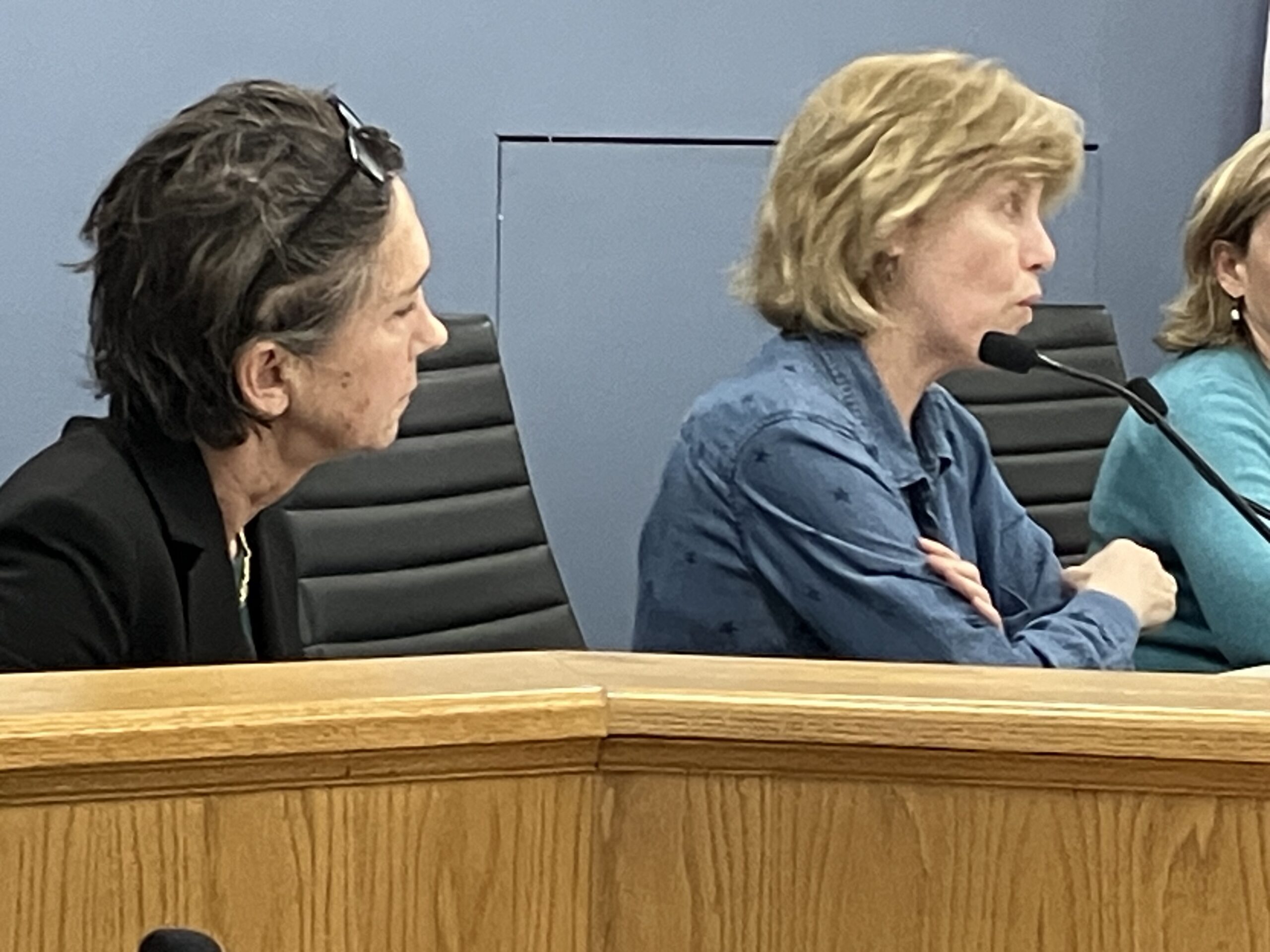
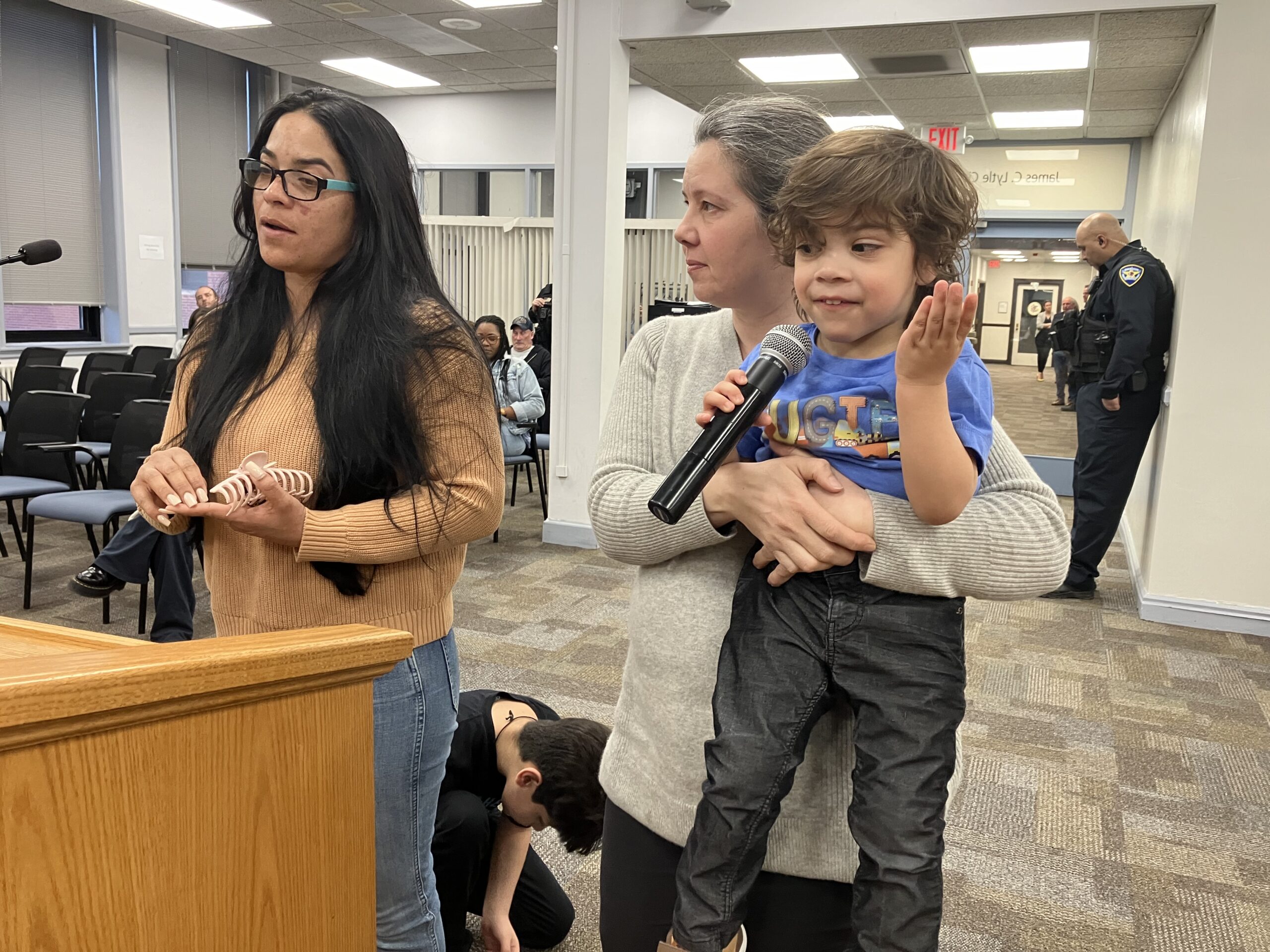
Mr. Seidenberg, Thank you for illuminating the issues surrounding the lack of transparency by our Mayor, certain members of our City Council and City Staff concerning what will likely cost the residents/taxpayers of Evanston more than $100 Mil. It feels like they are deliberately and systematically feeding false information to the community to achieve what appears to be their preferred outcome – selling off our Civic Center and the park-like campus it occupies to a friendly developer.
A good example is this statement (above)… “The agreement is at no cost to the City of Evanston,” Paul Zalmezak, the city’s economic development manager, said in a memo. “JLL will be compensated by the 909 Davis/Evanston Station building ownership.”
This is false and misleading! Of course, the cost of JLL’s compensation will be paid for directly as a result of a very favorable 15 year contract they arranged with the 909 Davis Street owners/managers. That will be borne by the approx. $40 Mil payments during the term of this unusually lengthy agreement. They might be writing the check, but we certainly are paying for it! (Fellow citizens, are we beginning to connect the dots?)
Everything about this process and this deal smells fishy and continues to disrespect and disenfranchise the residents/taxpayers of Evanston.
Sincerely, Brian G. Becharas